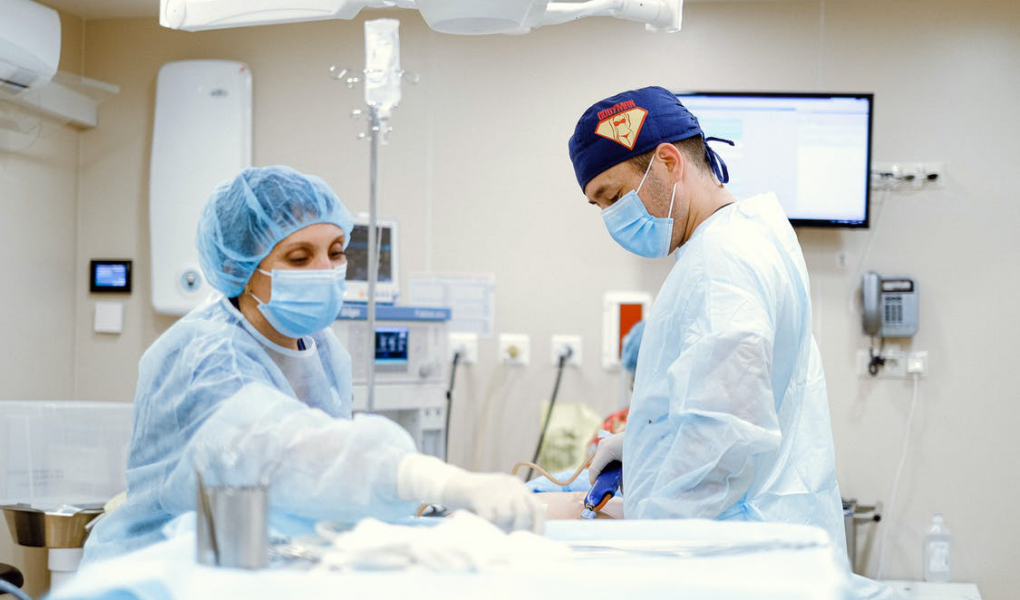Nursing is a neglected profession because of how easily people can get in and start working. The fact that it’s a sidekick role adds on to that mentality and subconsciously encourages people to disregard it.
Doctors and administrators steal all the limelight associated with healthcare, leaving the nurses undervalued despite their significant contribution.
But fortunately, changing staff roles and growth of opportunities have given nurses a chance to make a more striking impression on healthcare that is difficult to overlook.
Nurses are rapidly penetrating the confinements of their responsibilities and tapping into diverse and leading positions. These opportunities are primarily the result of advanced education programs and courses that enable them to specialize in areas that are out of their domain. Using them, nurses can gain skills and expertise in specific healthcare sectors to focus their approach and promote their careers. The range of choices grows from nursing to administrative and clinical jobs, which is a considerable development.

Image source
All these possibilities highlight that nurses are an integral part of healthcare, and are becoming more valuable with their progress. Plus, there are always aspects of health quality control, patient care, and support facilities that they help provide in any medical facility. So the several types of nurses and what they do is also an edge of this profession because it allows workers to regulate their jobs and get into any area they find promising.
If you still feel that nursing is a dispensable field, then here are seven reasons to change your mind and show why nurses are essential in healthcare.
1. ENHANCE QUALITY OF CARE
Nurses are part of the hospital’s setting to enhance the quality of care patients receive. They attend them from the moment they enter the facility to the point where they leave it. Listening to their concerns, helping them with appointments, admitting procedures, and even taking care of necessary provisions while they are in the facility is a part of their job. In their absence, a facility might collapse under the weight of this work, even from a business perspective.
2. HEALTH ASSESSMENTS & REVIEW
Nurses monitor patient’s health and produce reports of the changes in their situation. They help doctors evaluate the conditions better and make any changes that are necessary for health improvement.
Besides reporting, nurses also administer medication, change IVs, respond to complaints, dressing wounds, check blood pressure and sugar levels, and insert catheters. All these might be seemingly insignificant jobs, but qualify to ensure the patient’s comfort and well-being.
3. EDUCATE PATIENTS ON HEALTHCARE
Doctors, surgeons, and even health administrators have limited contact with the patients, and that too is on specific subjects. However, nurses spend more time with patients, and they can help teach a thing or two about healthcare to them.
As a nurse, they possess all the relevant knowledge about positive health practices and habits that comes under preventive care. Casually or consciously sharing them with the patients can prove useful, and might promote maintaining a better overall health standard amongst them.
4. SUBSTITUTE DOCTORS
Nursing has levels based on the education that they pursue. Individuals who have completed their doctorate or master’s programs are functioning as APRNs (Advanced Practicing Registered Nurses) in the facility. It means that they must have specialized in a specific field and can now perform all the primary duties of a doctor without supervision. They are eligible to prescribe, present opinions, and make changes to health plans based on recent developments in the patient’s condition. That implies that they can fit the mold of a doctor and provide similar assistance.
5. CLINICAL WORK
Besides substituting doctors in healthcare facilities, APRNs have licensing to begin individual clinical practice and start helping patients. They can set up their clinic at any remote location where the locals don’t have access to medical assistance to maximize the provision of decent healthcare services. That makes healthcare more accessible and adds nobility to their profession. Plus, unlike doctors, their roles are more flexible, so they can even choose to cover more ground. It multiplies their contribution by several folds and makes them an asset to healthcare.
6. RESEARCH
Nursing can also lead to significant research and development positions if the individuals are willing to specialize in that area. They can assist with pharmaceutical research and begin clinical drug trials while chasing medical breakthroughs.
Part of their work can also relate to technological advancements like bionics and prosthetics, the cutting-edge fields of medicine. They will be working closely and assisting with refining medical procedures to make them more efficient and suitable for patients.
Research can grant people another life of living a regular life, that’s why it’s so important. And nurses functioning in it hold the same value for this job.
7. IMPROVE HEALTHCARE OUTCOMES
Most importantly, tasks performed by nurses help improve health outcomes for patients, regardless of how they are practicing medicine. Patients benefit from their work, whether it is from research, quality healthcare, monitoring, assessments, or individual practice. It is easy to infer from the number of satisfied patients and successfully supplied medical assistance. That also motivates employers to hire skillful nurses and acknowledge their importance to a medical center.
SUMMARY
These were seven significant reasons why nurses deserve more credit and respect and are a valuable asset to healthcare. People, both patients, and employers alike, who have been neglecting their work, or dismissing their efforts need to realign their preconceived notions about nursing. And nurses need to realize that their jobs have plenty of growth, all they need to do is start exploring it.




